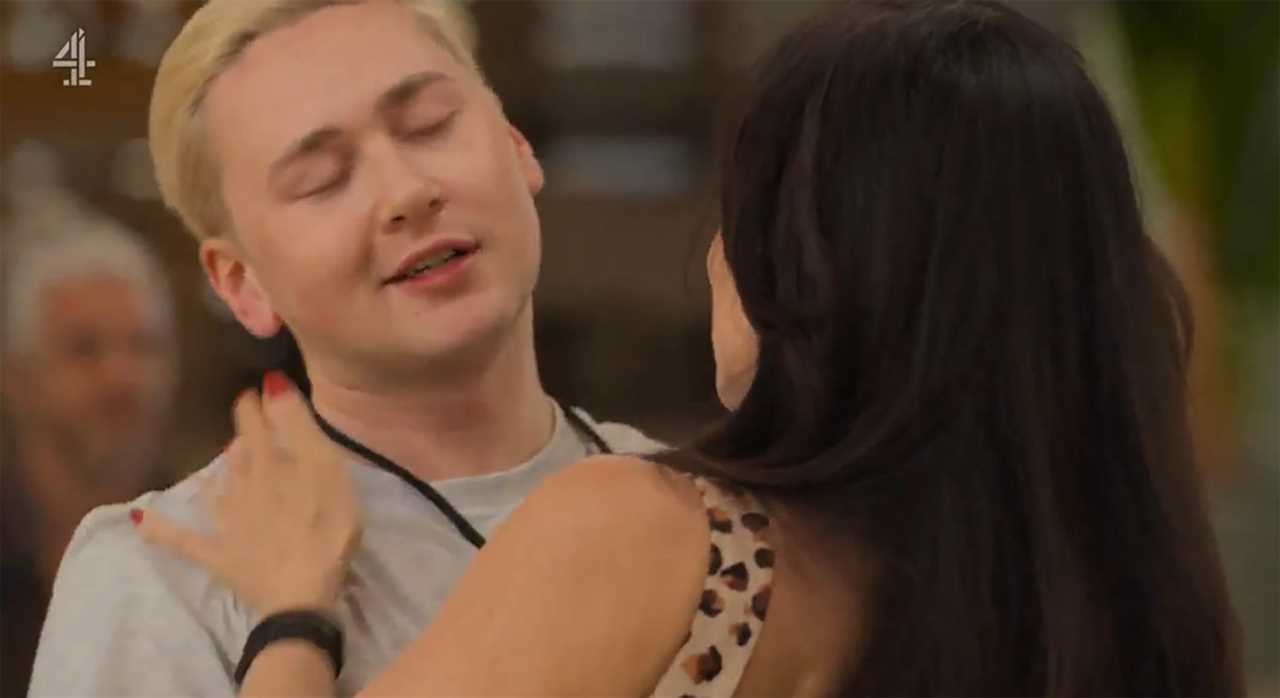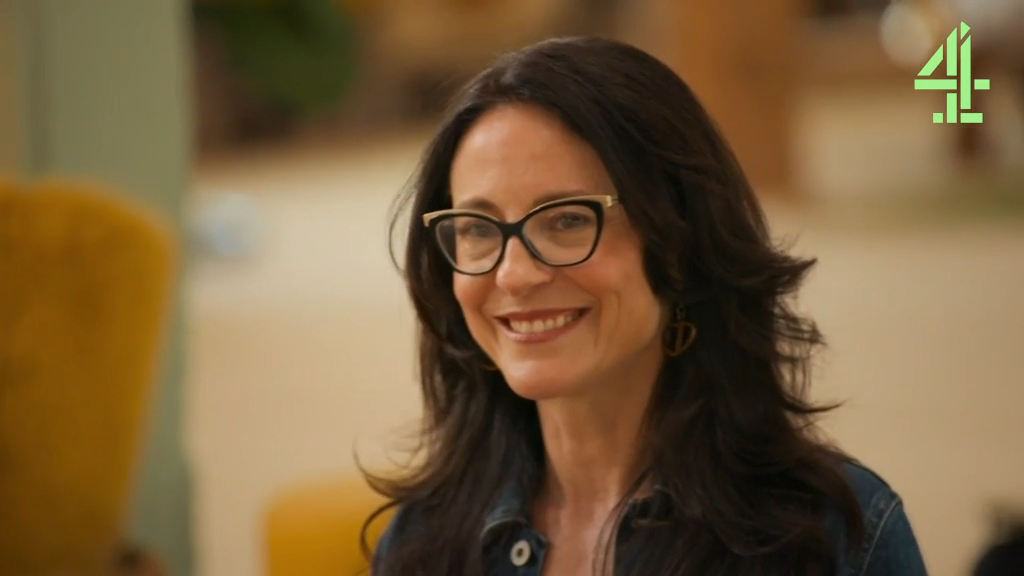
In a society grappling with shifting norms around intimacy and sexuality, a recent Channel 4 programme has ignited controversy with its unconventional approach to helping adult virgins navigate their first experiences. The show, featuring renowned sex and relationship coaches, delves into intimate encounters that blur the lines between therapy and entertainment.
Exploring Boundaries: The Intersection of Therapy and Reality TV
As audiences witness intimate moments on screen, questions arise about the ethical implications of using personal journeys for public consumption. The programme's blend of provocative challenges and therapeutic intentions prompts reflection on the balance between sensationalism and genuine support for individuals exploring their sexuality.
The Social Landscape: Shifting Patterns in Sexual Behaviour
Against the backdrop of a Channel 4 survey revealing a rise in young adult virginity, the show's relevance becomes evident. With increasing numbers of young people delaying sexual experiences due to various factors, including mental health struggles and societal pressures, the programme's attempt to address these complexities takes on added significance.
Empowerment Through Experience: The Role of Therapeutic Interventions
Experts leading the programme advocate for experiential learning in the realm of intimacy, challenging traditional talk therapy approaches. By engaging participants in hands-on activities and exploring physical touch as a form of healing, the show aims to empower individuals to navigate their intimate lives with confidence and self-awareness.

Unpacking Viewer Reactions: Sensationalism or Social Commentary?
While some viewers commend the programme for breaking taboos and fostering open conversations about sexuality, others criticise it for straying into voyeuristic territory. The debate surrounding the show's impact on societal perceptions of intimacy underscores the complexities inherent in blending entertainment with personal growth.
In a media landscape where boundaries between therapy and reality TV are increasingly blurred, the ethical considerations raised by programmes like this highlight the need for nuanced discussions around consent, privacy, and the commodification of personal experiences. As audiences grapple with the implications of such content, the intersection of entertainment, therapy, and social commentary remains a space ripe for critical analysis.






